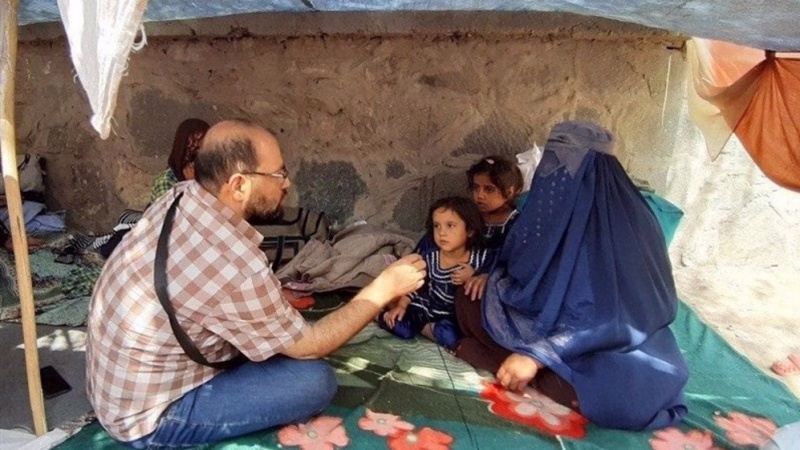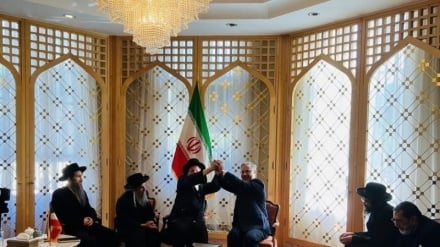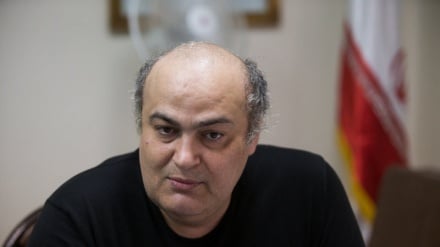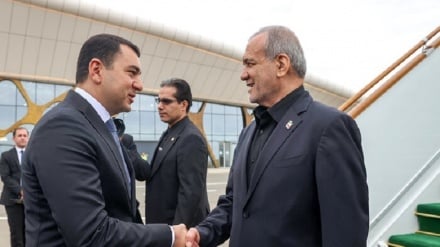Exclusive report shows Afghan refugees living in inhumane conditions at Kabul refugee camp
A large number of Afghan people fleeing from armed conflict in various provinces of the war-ravaged country are now living under inhumane conditions at a refugee camp near the capital city, Kabul, an exclusive report by Tasnim news agency says.
An exclusive video report by Tasnim news agency on Sunday has focused on the deplorable plight of many Afghan refugees who have escaped war and armed conflict, mostly in Baghlan and Kunduz provinces, where the Taliban militants and ex-government's forces were clashing until a while ago.
According to Tasnim’s correspondent, the public park at one of the entrances to Kabul is no more like a park as it is now littered with a large number of dilapidated tents, which shelter men, women and children refugees who have been driven from their homes as a result of the war in the country.
Ironically named “the Freedom Park,” the location of the refugee camp and conditions under which refugees are living bears no similarity to freedom and has no sign of comfort for its inhabitants, the report says.
“You must have a heart of stone to see conditions in this place, which wrenches your heart and makes you burst in tears,” the correspondent says.
“When people saw us, they flocked to us hoping that we were carrying aid. However, as soon as they knew we were reporters, they started to complain. Lack of food and lack of water were their most important complaints while noting that bad weather and rain had already devastated their tents.”
The report says some Afghan refugees don’t even have a tent to live in and shelter under a worn-out piece of cloth.
“Most of them hail from Kunduz, Baghlan and Takhar provinces, whose houses have been destroyed in the fight between the Taliban and the Afghan army and have run toward Kabul only carrying a handful of their appliances,” Tasnim correspondent says.
Many people who are sick and have gone down with various diseases, many of whom children, complain of lack of medical attention and medicine at the so-called refugee camp.
“Some refugees thought that we are from Iran Embassy and asked us for a visa to travel to Iran. Some complained about the border being closed ... and others only asked for a small amount of money to go back to their cities to ‘at least experience homelessness in our own city’.”
SS



